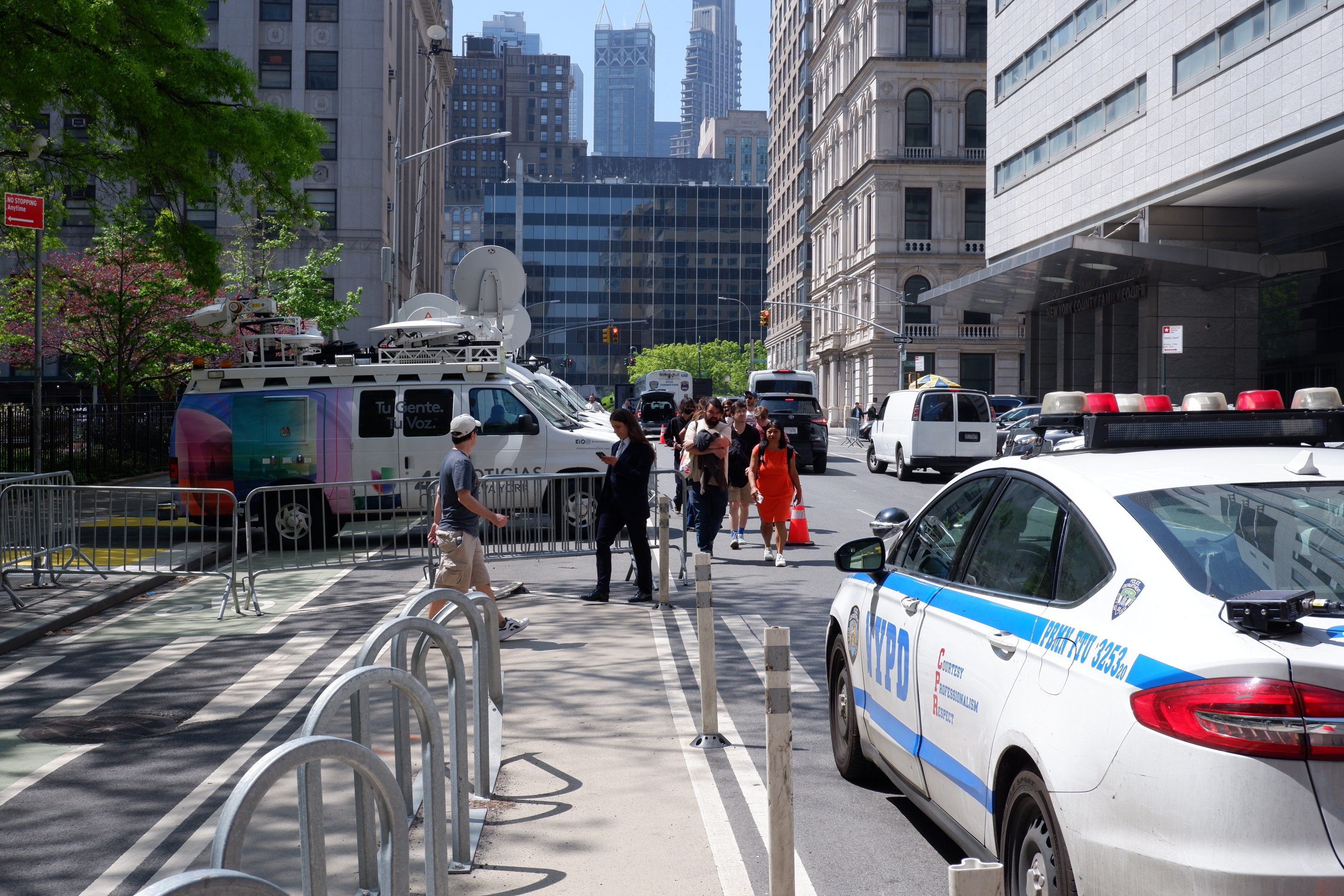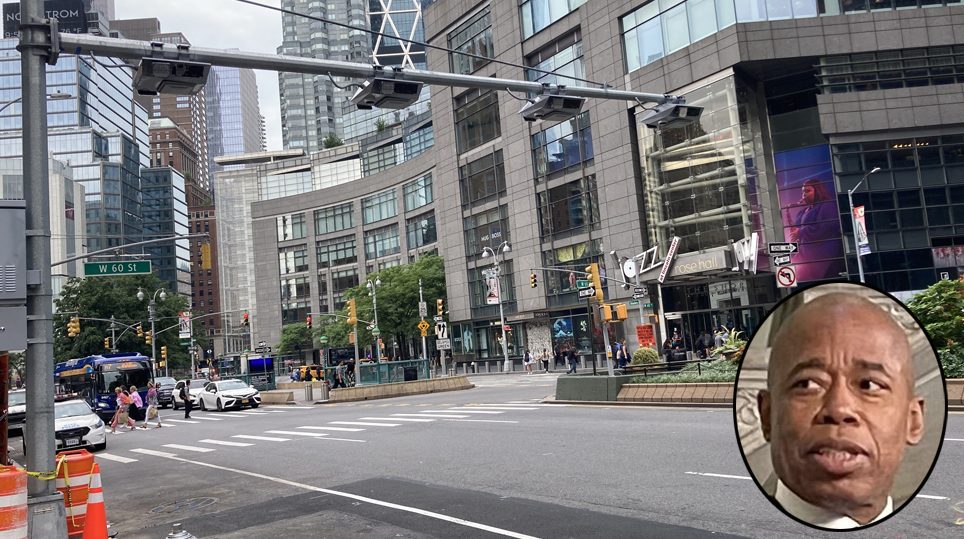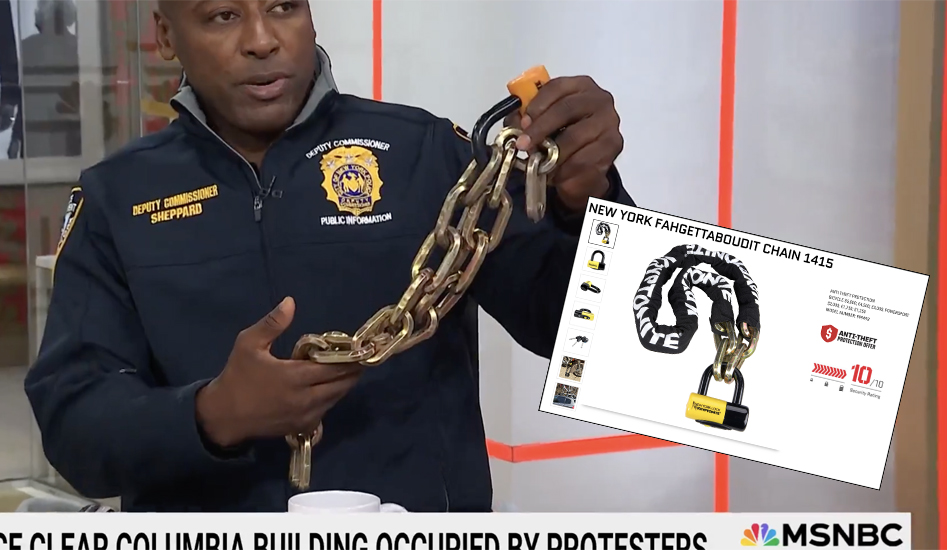Today on the Streetsblog Network, a fascinating look at the top 50 "low-car cities" in the United States -- that is, cities in which a high proportion of households do not own a car at all. Human Transit's Jarrett Walker digs into a list (from Wikipedia) of the US cities with populations over 100,000 with the highest percentage of zero-car households.
New York City, unsurprisingly, ranks first, with 55.7 percent. Seattle is number 50, with 16.32. Looking at the entire list, Walker comes to the conclusion that each municipality on it has at least one of three factors in play: age (older cities were in great part designed before automobiles came into use); poverty; and/or the presence of a large university.
Walker poses an important question: for those of us who see a "low-car" future as something to strive for, what conditions need to come into play in communities without those big three factors? He writes:
So here's the question: How long will it take for a city that lacks
age, poverty, or dominant universities to achieve the kind of low car
ownership that these 50 demonstrate? How soon, for example, will a
city be able to create a combination of density, design, and mixture of
uses that yields the same performance as an old city that naturally has
those features?
Portland is probably the most promising such city
in the US, and it's not on the list. Only 14 percent of households there
don't have a car, so it's probably well down in the second 50. Like
many cities, Portland has been doing everything it can to build a dense
mixed-use urban environment. It's the sort of city that convinces the
Safeway supermarket chain to rebuild their store with townhouses and
residential towers on top. But while people are moving into the inner
city, they don't seem to be selling their cars when they do, nor do
they seem to be going to work by transit. (I wish I could find the zero-car-household rate of Vancouver, Canada,
because I suspect may be the only new North American city in the league
of the US top-50 on this metric, as it's the only one to have built
great masses of urban mixed-use density entirely in the last few
decades.)
As always, this is just one metric. Very few cities
would say publicly that they want to increase the number of no-car
households, because the concept still sounds radical to too much of the
population. Usually, when I talk about the benefits of mixed use and
density, I say that car ownership can decline, but I usually emphasize
households being able to share one car (not counted in the above
metric) rather than households embracing a zero-car life.
But zero-car households remain an interesting metric, at least for the idealists out there.
More from around the network: Transportation for America turns on the TV and finds Oprah talking about distracted driving. Bike Portland wonders if Michelle Obama's anti-obesity initiative could boost Safe Routes to Schools. And Chicago Bicycle Advocate has a great video showing motorists rolling through a stop sign. Wait, I thought only people on bikes did that.





